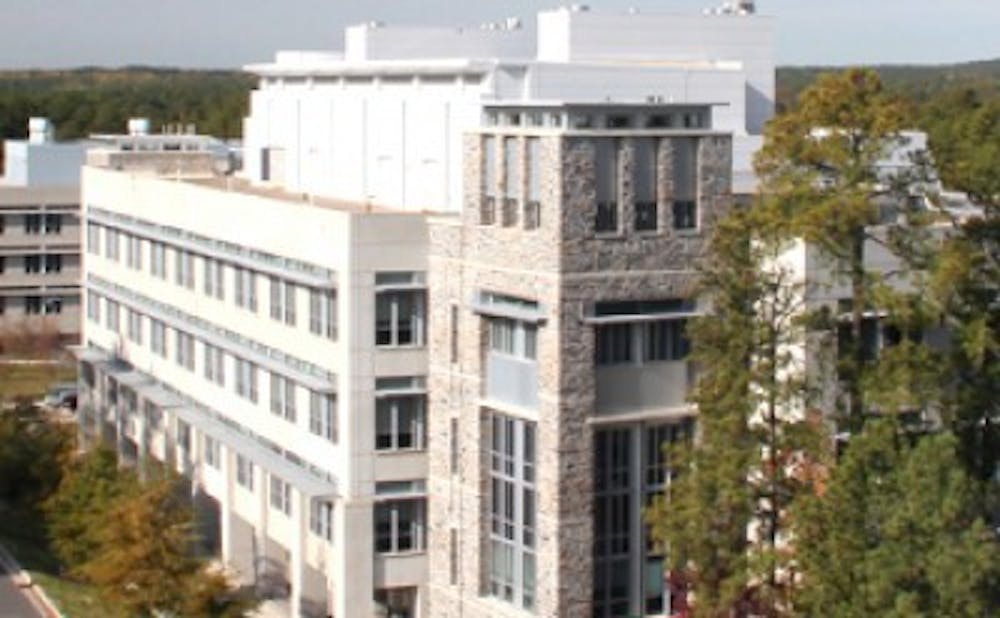HIV has long been difficult to combat due to its rapid mutations and tendency to hide within human genetic material, but Duke researchers recently created an antibody capable of neutralizing the virus.
In a study led by first author LaTonya Williams, a post-doctoral associate for the Duke Human Vaccine Institute, researchers found that HIV was neutralized in 99 percent of strains tested. Taking two different types of HIV-fighting antibodies in humans, researchers swapped components of the antibodies to create a more effective artificial antibody.
“We were able to take antibodies from both phases from the study—antibodies that came from memory B cells and antibodies that came from plasma—and we were able to swap out the genes to make a hybrid, or chimeric, antibody that we found was more potent than any of the antibodies that were natural,” Williams said.
Williams explained that the first phase of the investigation was centered on isolating the HIV-fighting antibodies themselves. The technology necessary to do so was developed recently in 2008 by the Vaccine Research Center for the Centers for Disease Control and Prevention.
A central component to the study was the development of hooks, or proteins that can be used as bait to bind to the B cells that produce the antibodies, Williams noted.
The second phase involved a collaboration with George Georgiou—Laura Jennings Turner chair of engineering at the University of Texas at Austin—who developed a technique allowing antibodies to be extracted from plasma.
“The antibodies that we found in the memory B cells were related to the antibodies that were in the plasma,” Williams said.
Barton Haynes, director of the Duke Human Vaccine Institute and senior author of the paper, explained that each antibody is comprised of four parts.
“We could mix and match and just simply ask, ‘Are there any combinations of artificial hybrid antibodies that are actually more potent than the naturally paired ones that we found from the plasma or the cells?’” Haynes said.
At one Harvard University laboratory, the newly-developed antibody neutralized 100 percent of the HIV strains, Williams noted. However, there was something special about these particular strains.
“We found that this antibody was able to neutralize 100 percent of clade C viruses, and that’s really important because we know that HIV is very prevalent in Africa, and the predominant clade of viruses in Africa are clade C,” Williams said.
Haynes noted that an additional benefit of the study was a more comprehensive knowledge of the HIV antibodies themselves, which can be used to facilitate the development of an HIV vaccine.
“One of our major goals is to make a vaccine, so we’re interested in the sequence of how these antibodies develop and designing a vaccine to induce these kinds of antibodies,” he said.
Further steps to be taken before producing a viable vaccine include refining the antibody and obtaining Food and Drug Administration approval for future testing.
Williams noted that improving the potency of the antibody and extending the amount of time it lasts in the body are the two main areas for improvement.
“The whole effort to cure people of HIV infection is to give them a drug to stimulate the virus to show itself, and then an antibody like this could go in and be used to target any kind of variant of a virus,” Haynes said.
Get The Chronicle straight to your inbox
Signup for our weekly newsletter. Cancel at any time.

